Iraq says still needs to import gas from Iran as debt piles up
Iraq's electricity ministry says the Arab country still needs to import natural gas from Iran because its plan to locally provide fuel for its power plants has not been completed yet.
Ministry spokesman Ahmed Musa said several Iraqi delegations will travel to Tehran to discuss increasing gas exports which have reportedly been cut to eight million cubic meters a day from 50 million cubic meters.
"Negotiations with the Iranian ambassador in Baghdad and the Iranian ministry of energy regarding the increase of gas imports from Iran are ongoing," Baghdad al-Yawm news agency quoted him as saying Sunday.
Despite its position as a major oil producer, Iraq relies on Iran for natural gas that generates as much as 45 percent of its 14,000 megawatts of electricity consumed daily. Iran transmits another 1,000 megawatts directly, making itself an indispensable energy source for its Arab neighbor.
Earlier this month, the United States granted Iraq a 120-day extension to a sanctions waiver allowing Baghdad to continue energy imports.
Musa recently claimed that Iran was slashing the gas flow, while the electricity transmission line had totally been cut off over Iraq's outstanding debt to the Islamic Republic.
The exact amount of the Iraqi debt is not known. In the past, Iranian officials have said between $6 billion and $7 billion of Iranian funds are held in the Arab country.
Iraq has paid some of its debts over the years, but US sanctions and economic troubles in the Arab country have made the transfer of money much slower than Iran expected.
Iraq imports a wide range of goods from Iran, including food, agricultural products, home appliances, air conditioners and car parts.
Official customs data released last week showed Iran’s exports to Iraq in the past eight months increased by 40 percent compared to the same period last year, making it the second importer of Iranian goods.
Earlier this year, Iran said it had exported $11 billion worth of food and agricultural products to Iraq in five years. In 2019, Iraq reportedly accounted for around $9 billion of Iran’s $12.5 billion in exports.
Iraq’s main purchases from its neighbor are agricultural products, engineering services, construction materials, and energy, such as electricity and natural gas. Baghdad has received waivers from Washington allowing it to buy Iranian electricity and natural gas.
The US has had to repeatedly extend sanctions exemption by 45, 90 or 120 days, to allow Baghdad to import Iranian energy, but it is unhappy with close relationship and trade between Baghdad and Tehran.
Iraq needs more than 23,000 megawatts of electricity to meet its domestic demand but years of war following the 2003 US invasion have left its power infrastructure in tatters and a deficit of some 7,000 megawatts.
In the past, officials in Baghdad have said there is no easy substitute to imports from Iran because it would take years to adequately build up Iraq’s energy infrastructure.
They have said American demand acknowledges neither Iraq’s energy needs nor the complex relations between Baghdad and Tehran.
Iran further raises its oil prices for Chinese buyers: Report
Iran to launch major pressure-boosting projects in South Pars
VIDEO | Escalation amid ceasefire talks
EU's Borrell says ICC arrest warrants for Israeli leaders binding
VIDEO | Press TV's News Headlines
VIDEO | Massacre in Pakistan’s Parachinar sparks outrage
Iran decries US intervention in Venezuela’s internal affairs
VIDEO | IAEA's loss of opportunity to revive diplomacy after new anti-Iran resolution


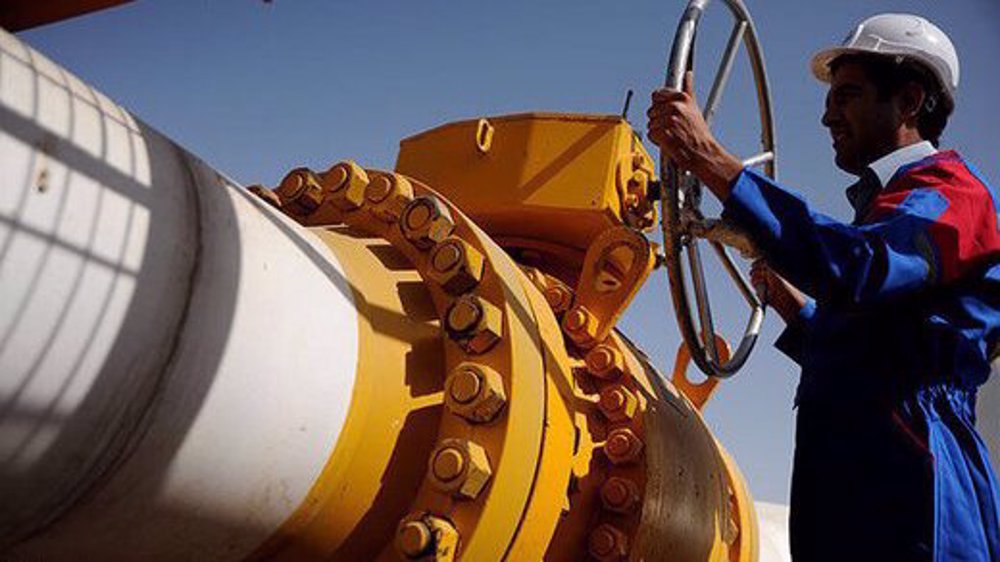
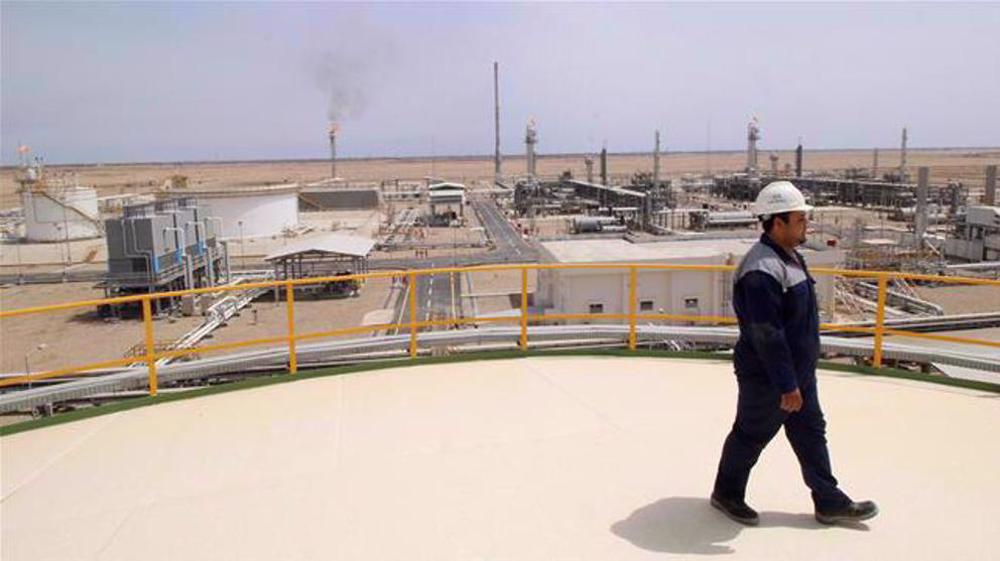
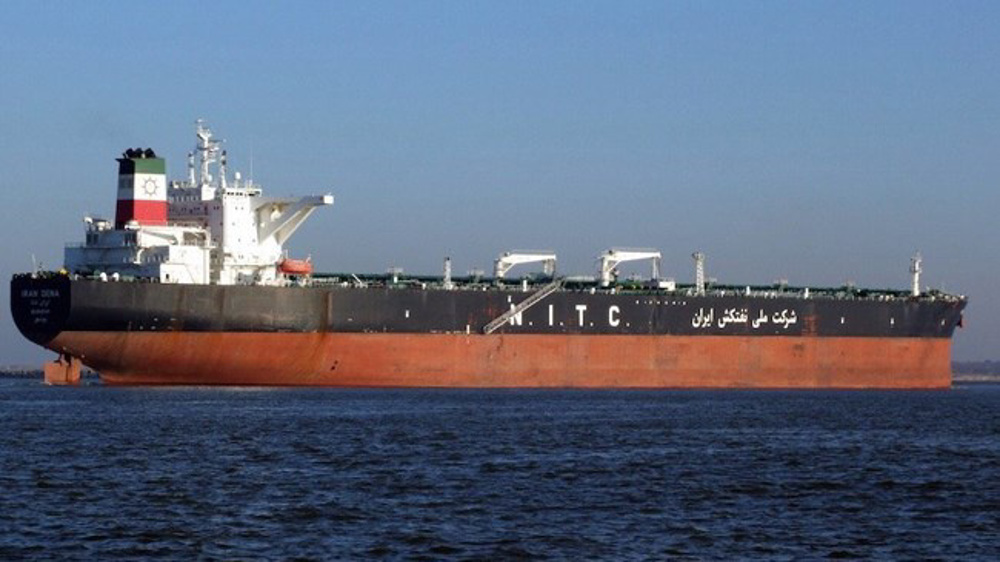
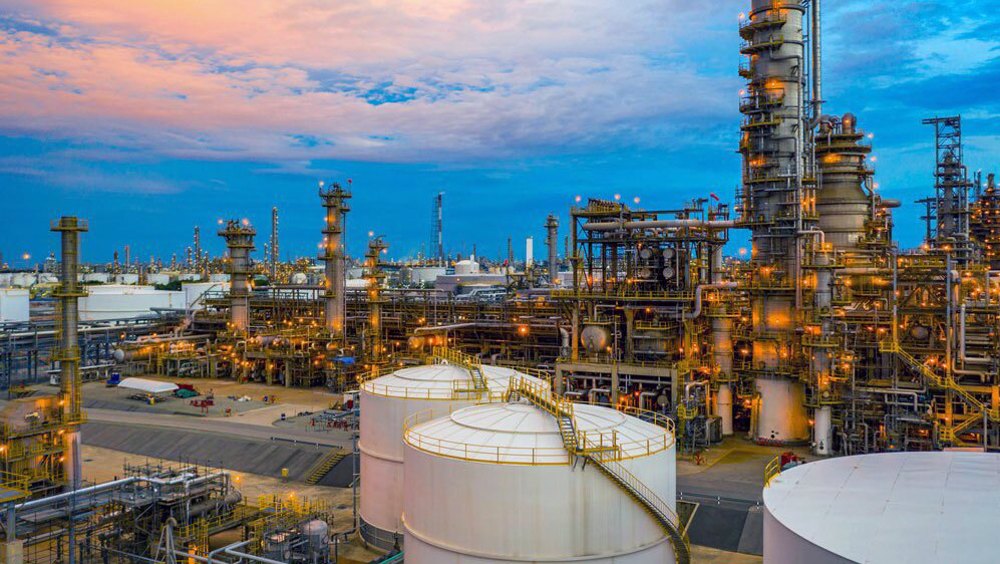
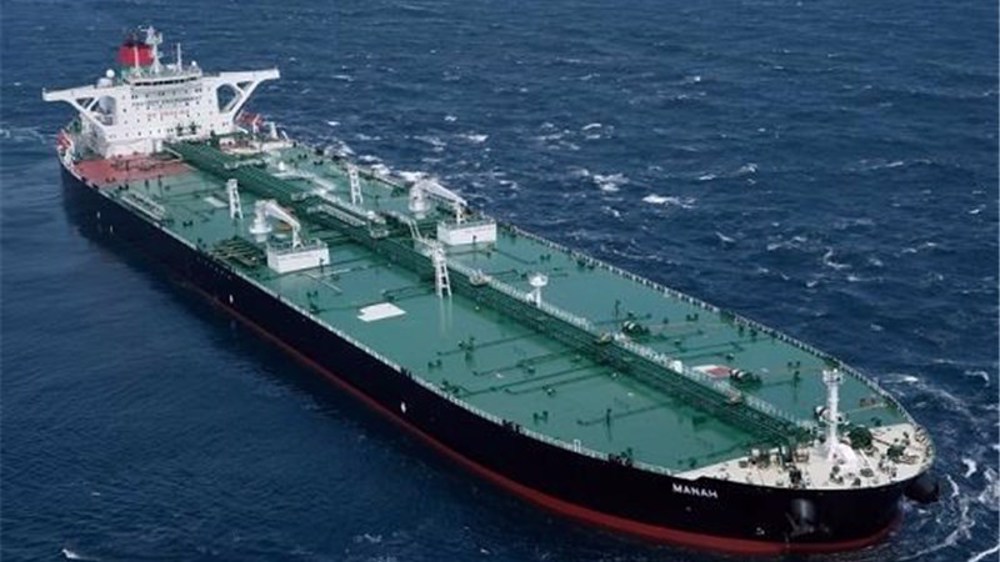




 This makes it easy to access the Press TV website
This makes it easy to access the Press TV website